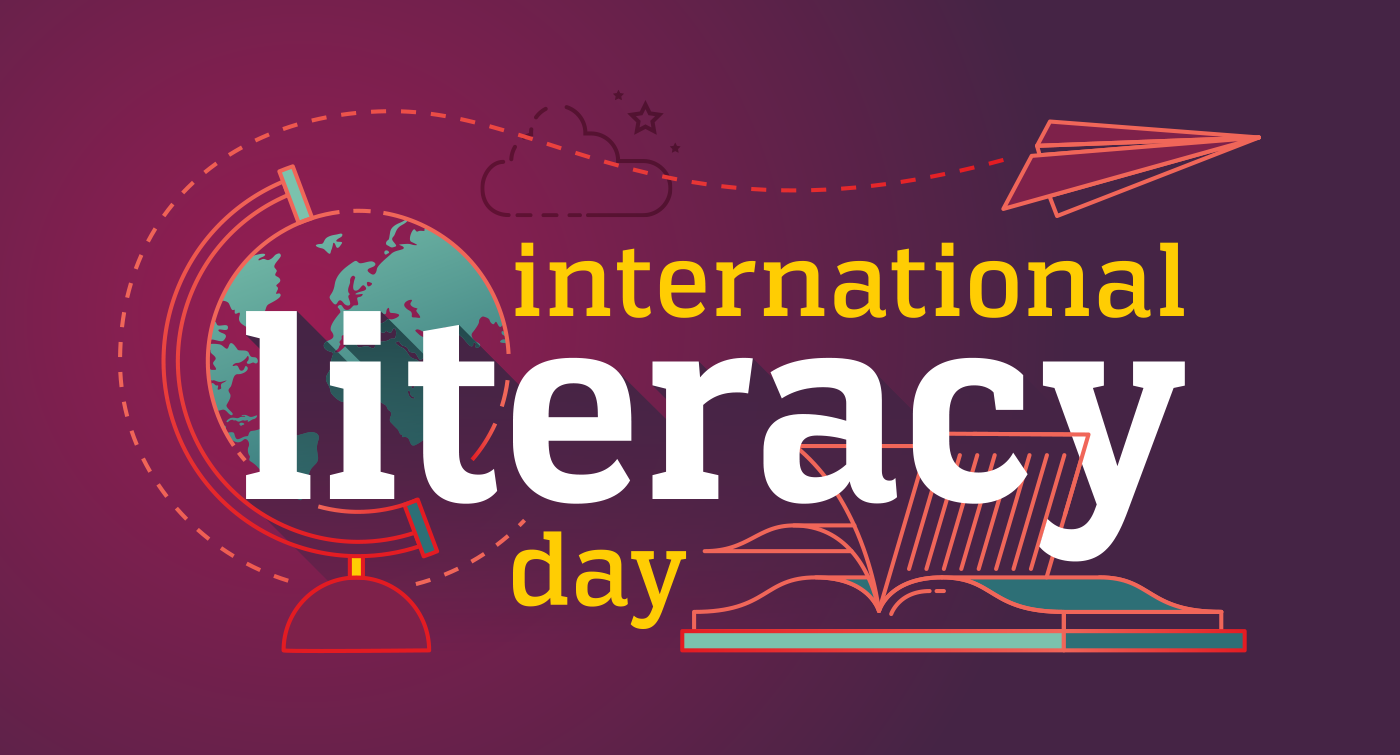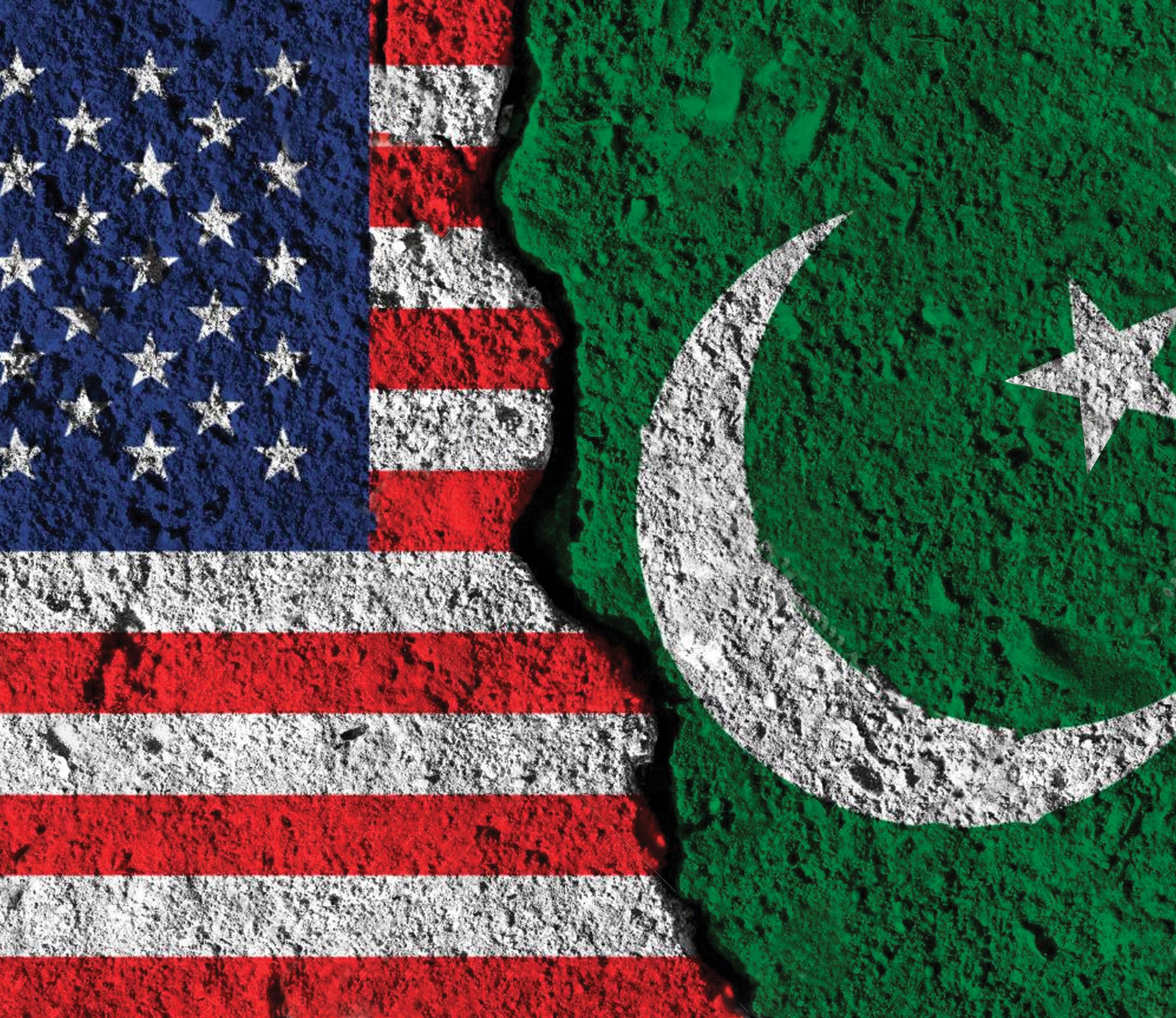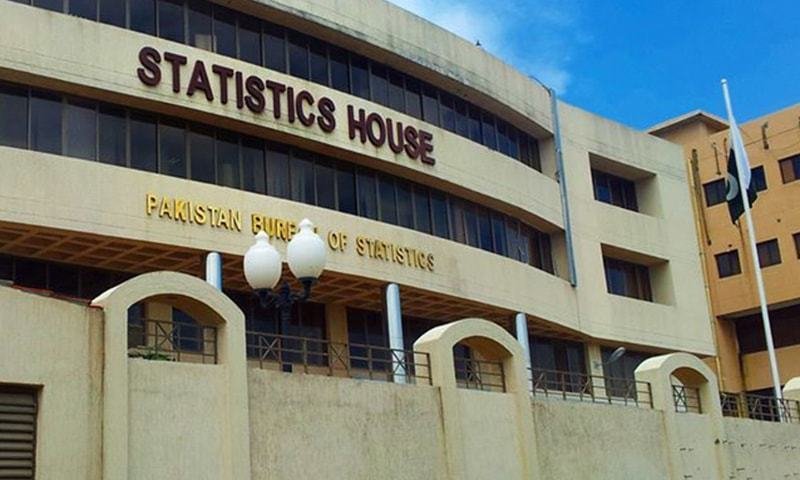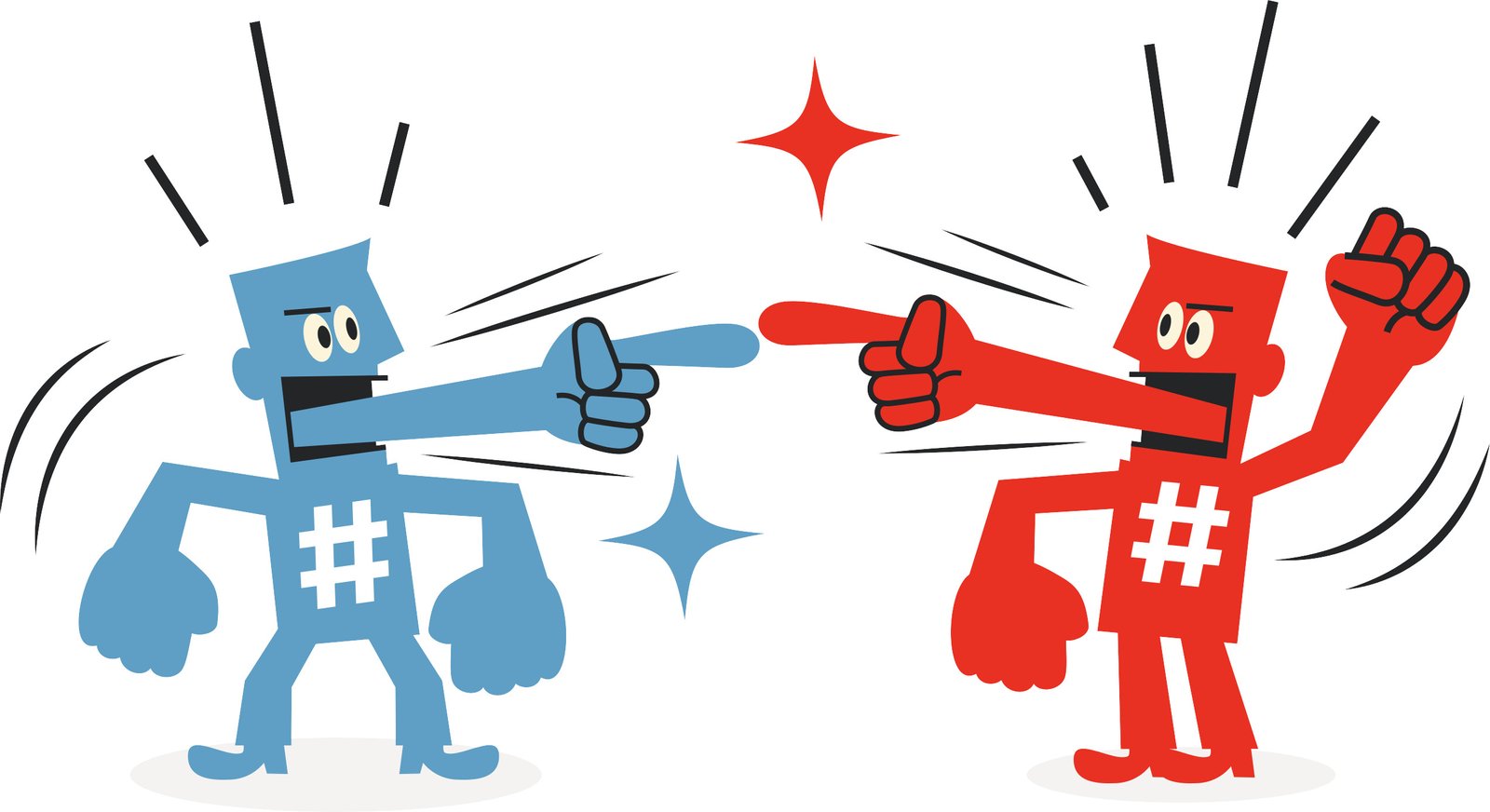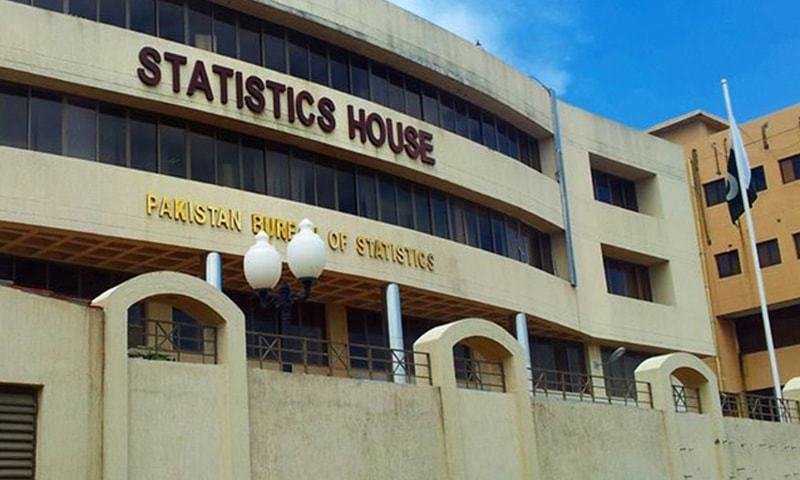Editorial
International Literacy Day is an annual observance declared by UNESCO in 1966 to remind the public of the importance of literacy as a matter of dignity and human rights and to advance the literacy agenda towards a more literate and sustainable society. Literacy is defined as the ability to read and write with understanding a short, simple statement about one’s everyday life. Literacy is a basic skill and a foundation for lifelong learning, critical thinking, and active citizenship. Literacy empowers individuals and communities to participate in social, economic, and political life and contribute to developing their societies.
The significance of International Literacy Day is especially relevant for Pakistan, a country that faces many challenges in providing quality education and literacy opportunities for its population. According to official reports, the literacy rate in Pakistan is about 60 per cent, which means that around 90 million people in the country cannot read and write. The literacy rate is also unevenly distributed across regions, genders, and age groups. For instance, the female literacy rate in Pakistan is 48 per cent, while the male literacy rate is 70 per cent. The rural areas have lower literacy rates than the urban areas, and the provinces of Balochistan and Sindh have lower literacy rates than Punjab and Khyber Pakhtunkhwa. Moreover, the youth literacy rate (15-24 years) is 74 per cent, while the adult literacy rate (15 years and above) is 58 per cent, indicating a generational gap in literacy skills.
Pakistan’s low and unequal literacy levels severely affect the country’s social and economic development. Illiteracy is a significant cause of unemployment, poverty, gender inequality, health problems, and social exclusion. Illiterate people are more vulnerable to exploitation, violence, extremism, and environmental degradation. Illiteracy also hinders the achievement of the Sustainable Development Goals (SDGs), which are a set of global targets for ending poverty, protecting the planet, and ensuring peace and prosperity for all by 2030. One of the SDGs (SDG 4) is specifically dedicated to ensuring inclusive and equitable quality education and promoting lifelong learning opportunities for all.
Therefore, celebrating International Literacy Day in Pakistan is an opportunity to raise awareness about the importance of literacy for individual and collective well-being and to mobilize efforts to improve literacy policies and practices in the country. It is also an occasion to recognize and support the initiatives and achievements of various stakeholders, such as government agencies, civil society organizations, private sector entities, media outlets, educators, learners, and communities working to promote literacy in Pakistan.
The National Education Policy 2020-2030 which aims to increase the literacy rate to 85 per cent by 2030 through formal and non-formal education programmes, is a significant goal. The National Commission for Human Development (NCHD), which operates over 6,000 adult literacy centres across the country and has enrolled more than 2.3 million learners since its inception in 2002, can also play an important role.
Then, the Alif Ailaan campaign is a coalition of media partners, civil society organizations, and citizens who advocate for education reform and raise public awareness about Pakistan’s education state, creating awareness. One other initiative is the Aagahi programme, a mobile-based application that provides interactive audio lessons on basic literacy and numeracy skills for illiterate women in rural areas. One more example is, The Children’s Literature Festival (CLF), which is a nationwide movement that organizes events and activities to celebrate reading, writing, and creative expression among children and young people.
These are just some of the examples of how different actors are striving to make Pakistan a more literate and sustainable society. International Literacy Day is a reminder of the challenges that still remain but also of the potential that can be unleashed through literacy. As UNESCO issued a statement on the occasion of International Literacy Day 2023: “As we celebrate International Literacy Day, UNESCO would like to invite all actors around the world, in the field of education and beyond, to mobilize for the literacy of young people, adults and women. So that they too can have the right to dream and be free.”
Please, subscribe to the English/Urdu magazines of republicpolicy.com



